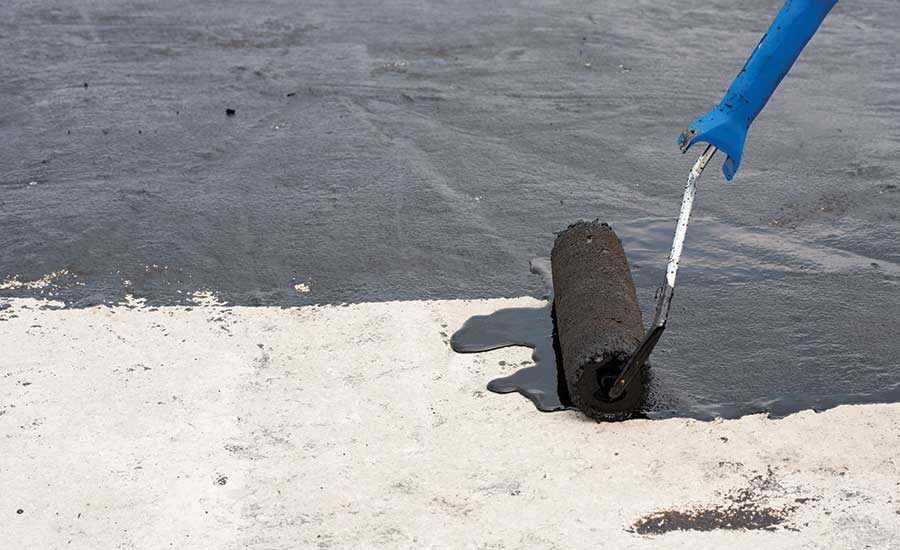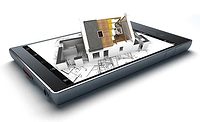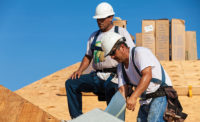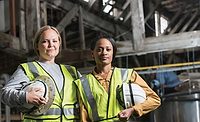Building a Sustainable Maintenance Business with Roof Coatings
Roof coatings have evolved into a credible alternative that can go toe-to-toe with any low-slope system.




For nearly 200 years, roof coatings have been used to temporarily extend the life of a flat roof until a more permanent roofing system could be installed. But today, roof coatings have evolved into a credible alternative that can stand toe-to-toe with any other low-slope roofing system.
This evolution from roof coatings into a roof system has been driven by a number of factors. First, the technology behind liquid waterproofing materials has advanced significantly. In terms of chemistry, we’ve moved from traditional asphalt cut-backs to a wide variety of modern high-performance polymers, including acrylics, silicones, and polyurethanes. In many cases, these are the same chemical building blocks used to make some of the most durable pre-fabricated waterproofing membranes; but now these high-performance products are available in an easy-to-apply liquid form.
These outstanding polymers now have also been combined with innovative components and accessories to allow the most difficult roofing details to be constructed with ease. Synthetic fabric reinforcements can be used to strengthen critical flashing details, and a plethora of primers and bonding agents are available to assure effective adhesion to a wide variety of roofing substrates. And the performance offered by modern roof coating systems can be used over almost any type of low-slope roofing assembly, including built-up, modified bitumen, single-ply, metal, SPF and even concrete decks.
This combination of high-performance polymer systems and near-universal suitability has prompted many system suppliers to extend their technical support and warranty programs to roof coatings. Where in the past the life expectancy of a traditional roof coating might have been only a few years, today’s roof coating systems are frequently available with full-system warranties extending up to 20 years. And because these same roof coatings continue to offer an excellent way to maintain and extend roof-system life, many roofs may be renewed almost indefinitely after the initial warranty period has been reached.
In addition to the benefits of advanced technology combined with significant roofing manufacturer support, modern roof coating systems offer an important economic incentive now available to most other roof system alternatives. In many cases, roof coating systems may be treated as an expense rather than a capital investment, allowing building owners to write-off the entire expense of a new roof in one year versus the 30+ years currently required under the federal tax code.
For the roofing contractor, roof coating systems offer a number of important business advantages. Perhaps the most important benefit is that the economics of roof coating systems may open up more reroofing opportunities with building owners unable to afford the high initial cost and long depreciation period of other roofing alternatives. Roof coating systems also expand opportunities for ongoing roof system maintenance, especially after the initial warranty period has expired. Finally, the increased interest of major roofing manufacturers provides new opportunities for co-marketing and branding to expand public awareness of your company.
When you add it all up, modern roof coatings offer an unmatched opportunity in sustainable roofing, delivering long-term roof performance for your customers and sustainable profitability for your business.
Looking for a reprint of this article?
From high-res PDFs to custom plaques, order your copy today!








